'Here & Now' Highlights: Judy McRoberts, Jon Audhya, Dr. Chris Eberlein
Here's what guests on the Aug. 29, 2025 episode said about a health care worker strike in Janesville, federal research funding cuts at UW-Madison, and a drug overdose spike in La Crosse.
By Frederica Freyberg | Here & Now
September 2, 2025
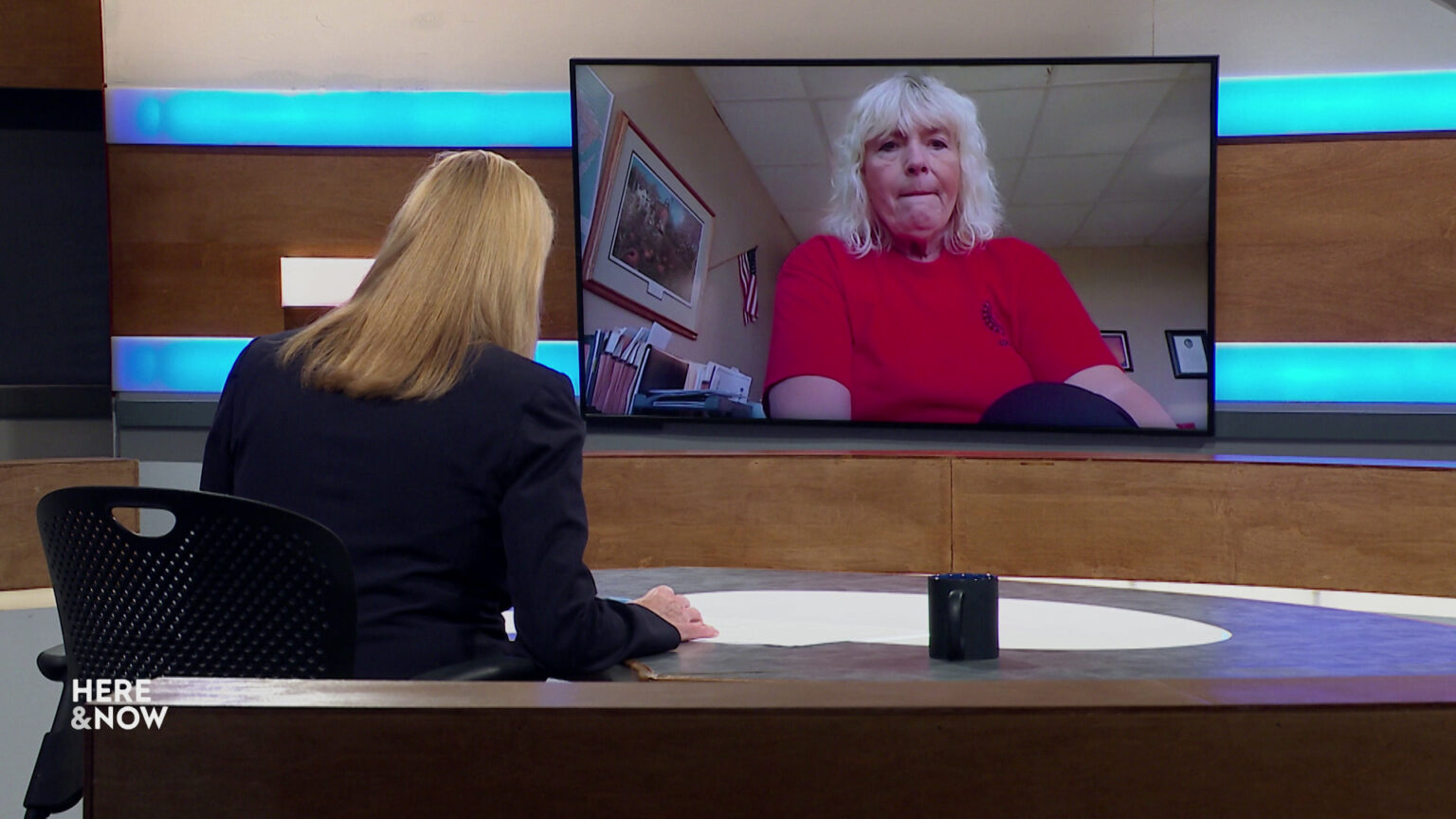
Frederica Freyberg and Judy McRoberts (Credit: PBS Wisconsin)
A strike at Mercyhealth East clinic in Janesville stretched through Labor Day as it entered its third month — United Auto Workers represents the health care workers, and Local 95 President Judy McRoberts said the biggest issue is worker safety. As a new academic year starts, University of Wisconsin School of Medicine and Public Health professor and dean Jon Audhya said federal funding remains a major concern, particularly when it comes to research on dementia. La Crosse put out a safety alert because of a spike in drug overdoses, with Dr. Chris Eberlein saying concern arose when cases began to increase in quick succession.
Judy McRoberts
President, UAW Local 95
- A strike at Mercyhealth East Clinic in Janesville began on July 2, with more than 130 health care workers walking off the job over a contract dispute. The union members are seeking higher wages and benefits, but McRoberts said the primary issue is worker safety.
- McRoberts: “One of their main concerns is safety and the security of their building and themselves and the patients. We have an urgent care in this building and it’s open until the evening, and we’ve had people out in the parking lot panhandling and asking for rides and so on, and it is scary for the women who are leaving this facility at night. We’ve also had one of our nurses come in for an urgent care shift and went into the break room, and here’s somebody who was staying in the break room. There was no security in the building. And that’s not only unsafe for employees, that’s unsafe for our patients.”
Jon Audhya
Professor and Senior Associate Dean for Basic Research, Biotechnology and Graduate Studies, University of Wisconsin School of Medicine and Public Health
- As of 2025, more than $100 million in federal funding comes annually to UW-Madison from the National Institutes of Health and other federal sources for research of Alzheimer’s disease and related dementias. Those projects were fully funded for the 2025-26 academic year, but some of the grants came in late causing major disruption, according to Audhya, who is responsible for oversight of research at UW’s medical school.
- Audhya: “We’ve experienced enormous delays in a lot of funds that we were expecting to arrive on campus. Nationwide that amounts to about $5 billion in shortfall in NIH funding to go to research institutions. We’ve been fortunate in some senses, in that many of our grants have come through. However, many more are sitting, waiting, where there’s an expectation for months. I personally even went through a period of time where I waited on a grant to be awarded for four months beyond the time that I expected it to start. This has enormous impacts on our ability to fund our research, to fund out people. Luckily though, UW-Madison has stood up bridging programs, which have been phenomenal. So our chancellor, Chancellor Jennifer Mnuchin, has just reached out and really enabled us to continue to thrive, even in an era where there’s a lot of uncertainty.”
Dr. Chris Eberlein
Emergency medicine physician, Gundersen Health System
- When the La Crosse area saw the number of overdose cases increase from one or two a week to more than ten since late July, the city put out a safety alert. Eberlein said the spike came after a sharp decline in drug overdoses.
- Eberlein: “Last year, we had great numbers. You know, we were still way too high, but it was like a 60% improvement year over year in overdose deaths and responses. So really a great trend, and we were seeing that at the beginning of this year as well. We would still go on about one to two overdose calls a week, is what the trend was throughout most of the year. We get small spikes and we meet once a week and we discuss the data and we were just watching it. We had a few that were like three or four in a week but didn’t really meet our threshold to make any sort of announcement or change our response. Then over this course of the last couple weeks in late July, we were getting over 10 responses in a week, and so you’re talking that’s a five-fold increase from what we were used to, and so that that really made us take pause. Then it happened again in the next week as well, so this is why we figured we better get some word out, figure out what we could do as a community, see if there’s anything we’re missing and hopefully prevent some people from having a bad outcome.”
Watch new episodes of Here & Now at 7:30 p.m. on Fridays.
 Passport
Passport




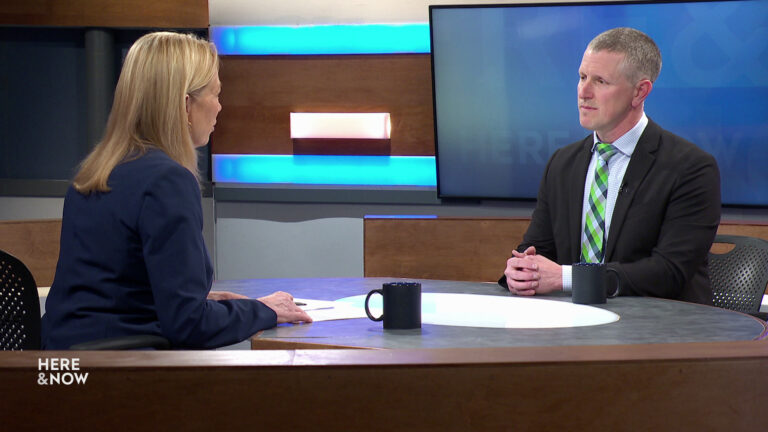
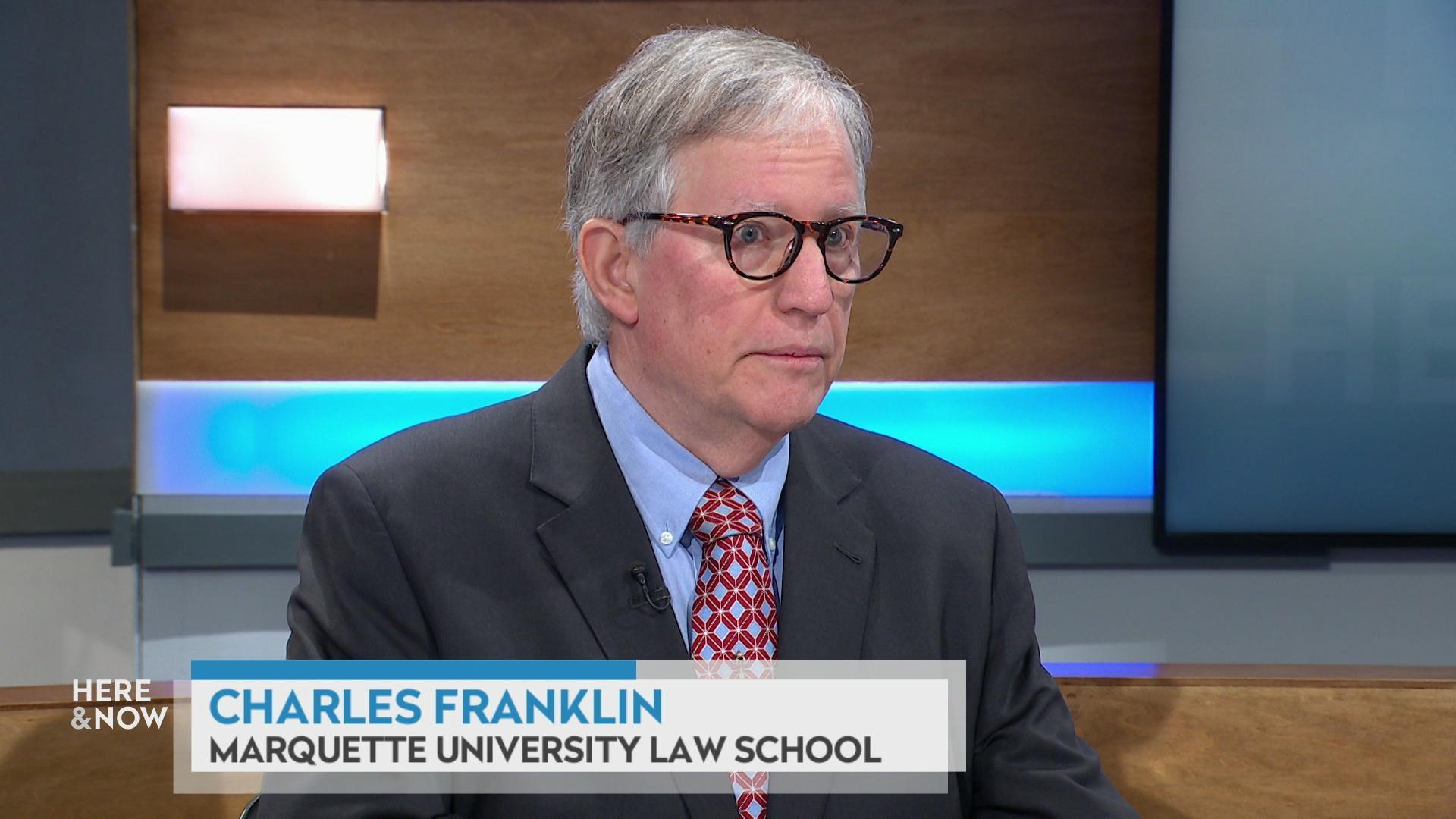
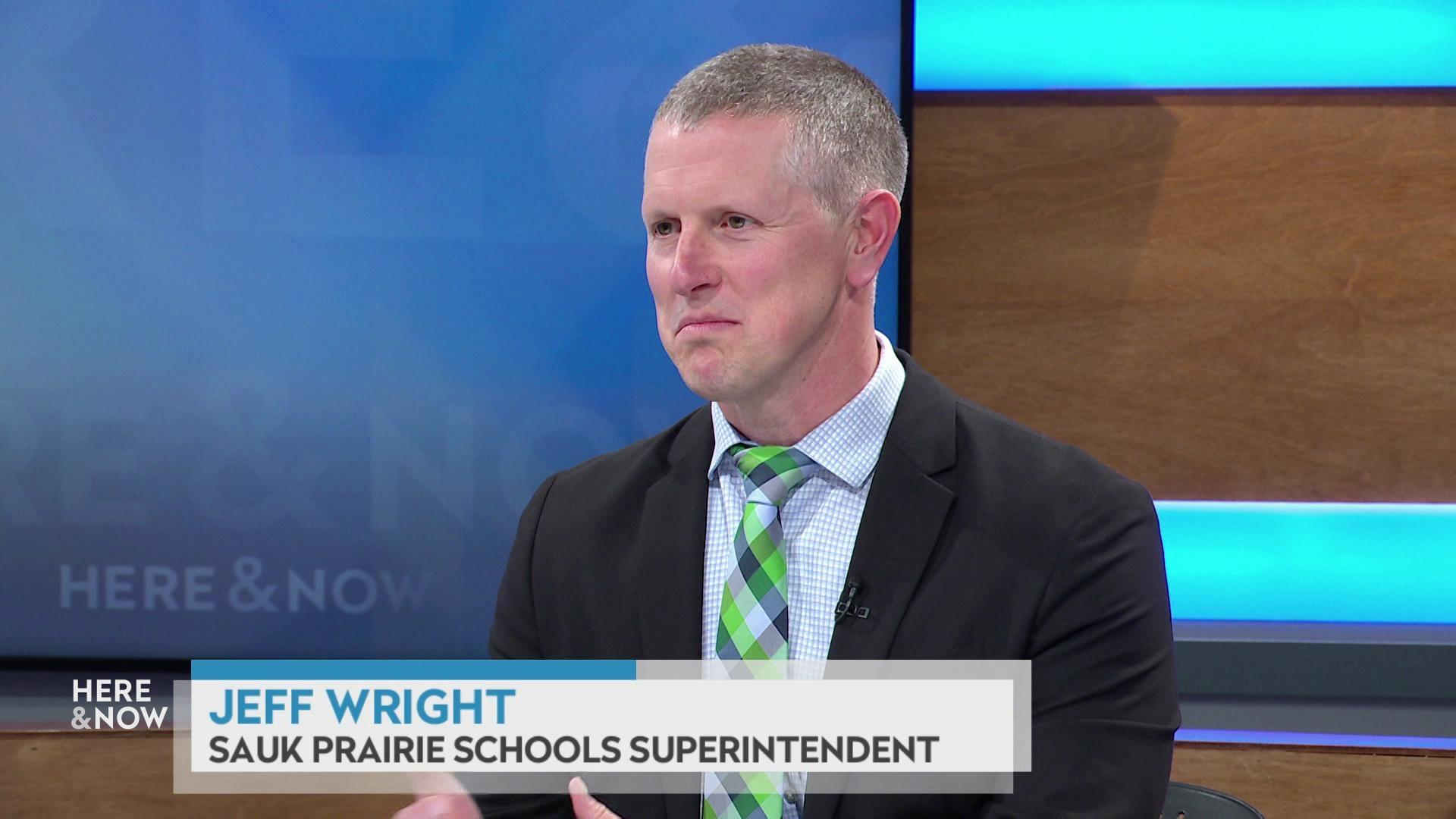
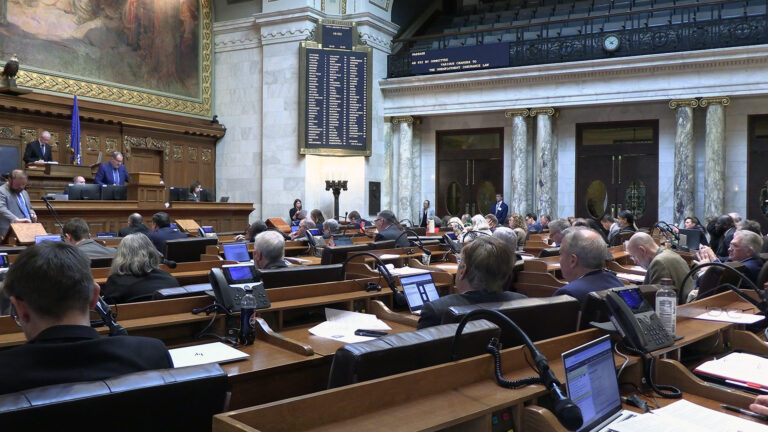

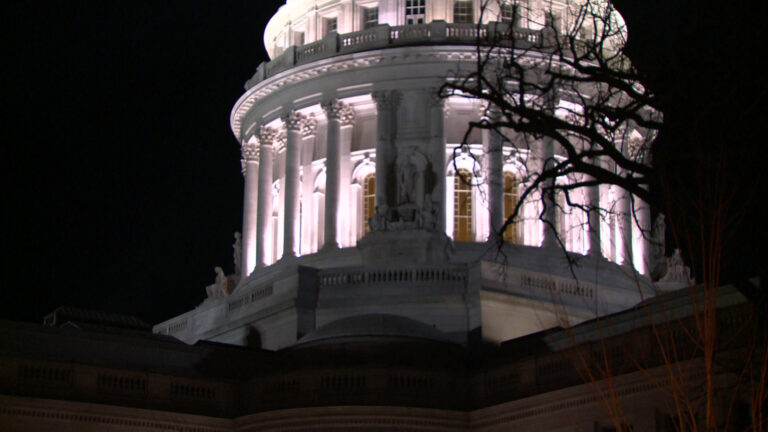

Follow Us